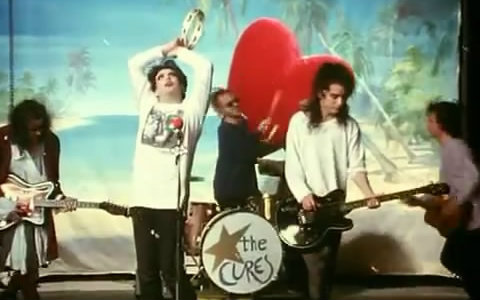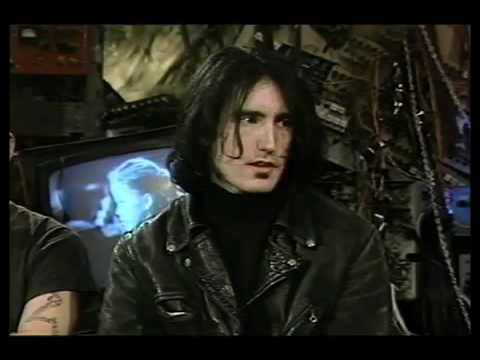Spyfall Part Two Review
And lo, the “It has been __ episodes since we transmitted a complete piece of shit” board in Chibnall’s office ticks upwards to 3 without unduly threatening to actually be good. Spyfall is much like “End of Days” and “Exit Wounds” in this regard—not so much competent as non-incompetent, television stitched together by someone who has seen enough of it to know where all the pieces are supposed to go, but who has at best a hazy understanding of why they go where they do or what their purpose is.
As with a lot of things that work this way—I made the same comparison last episode, but J.J. Abrams really is an obvious example—this results in a story that is mostly about whatever previous text the writer pinned up on their bulletin board as the model they’re going to emulate. Just like last week pinched set pieces from The Sontaran Stratagem/The Poison Sky and Army of Ghosts, this week we do Last of the Time Lords/The Sound of Drums and The Big Bang. Which, hey, nice to actually see Moffat get pilfered instead of undone. But on a broader scale, Chibnall’s main idea here seems to be nostalgia for the Davies era. On one level, fair enough. Last of the Time Lords was 13 years ago. That’s plenty of elapsed time for a nostalgia tour. On the other, the idea of Doctor Who during the Key to Time era slavishly recreating The War Machines would have felt jarring, and that’s roughly what’s happening here. It’s not that the statute of limitations on repeating this stuff has expired, it’s just that when the show has gone for an emphatic remake of past glories like this it’s never been a good thing—think Planet of the Daleks, Destiny of the Daleks, Arc of Infinity, or Attack of the Cybermen. Regardless of how good the stories are—and in no case has the answer been “very,” it’s just not a good sign for the show’s conceptual health when it’s being used as a vehicle for self-imitation. And yet here we are: a blithely homicidal Master, a destroyed Gallifrey, and secrets from Gallifrey’s ancient past.
I should stress that the problem here is imitation, not reference. This isn’t The Three Doctors or Remembrance of the Daleks or Hell Bent, remixing the past into something strange and new. This is a cynical feeling calculation—the show was a big pop culture hit during the Davies era, so if we do things exactly like they did then we’ll magically summon the audience back. Hey, we’ll even put the non-consensual mind wipes back in. As I’m writing this the overnights aren’t in yet, but one sincerely doubts this is going to work.
And yet, as mentioned, badness isn’t the problem this is having. In some ways this is a pity. Plenty of really bad Doctor Who is at least interesting, This is not that. The closest thing it has to a point—social media is bad—is lousy for all the same reasons the “oh no we actually have to talk” gag in Resolution was—a condescending “get off my lawn” whinge.…

 Little Earthquakes (1992)
Little Earthquakes (1992) The traditional Eruditorum Press post-holiday ebook sale is running from now until January 2nd.
The traditional Eruditorum Press post-holiday ebook sale is running from now until January 2nd.  Precious Things (live, 1991)
Precious Things (live, 1991)